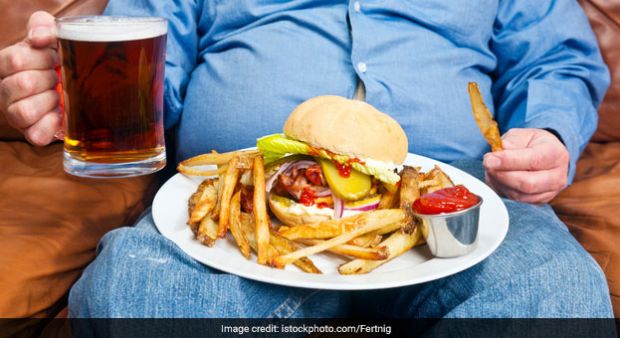The study was conducted on 27 healthy weight adults (13 male and 14 female). Participants spent two full days in the sealed room. On one day they ate two meals containing 15 percent protein, and on the other they ate two meals with 30 percent protein. The meals consisted of bread, ham, cheese, potatoes and butter, and each provided 17 grams of fat and 500 calories.
"If we are adding extra carbohydrates on top of what's already in a meal, that will definitely have an effect on the body being able to use fat as an energy source, and it will more than likely go into energy storage," said lead researcher Shanon Casperson. She's a research biologist with the U.S. Department of Agriculture.
"We found that about a third of the additional calories provided by the sugar-sweetened drinks were not expended, fat metabolism was reduced, and it took less energy to metabolise the meals," Casperson said.
"It's easier for the body to use carbohydrates as an energy source," Casperson shared. "When you provide the body with carbohydrates, it's going to use that first." Unburned fat then winds up deposited somewhere in a person's body, such as the belly or hips.
Dietary changes were measured only for a shorter period; therefore, researchers caution that overweight individuals may respond differently to dietary changes.







